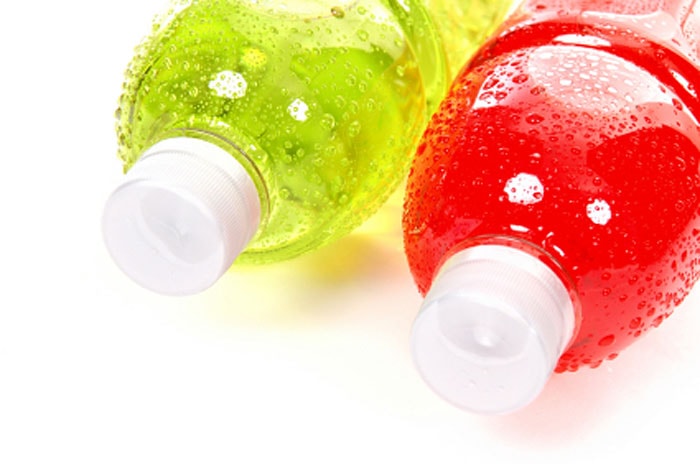
Written By: Gloria Tsang, RD
Title: Founding Registered Dietitian
Alumni: University of British Columbia
Last Updated on:

Getting back to the gym or picking up a new sport may be on your list of New Year’s Resolutions. With TV commercials showcasing professional athletes drinking sports or energy drinks, do you need these drinks if you are active?

Table of Contents
Energy drinks should have no place in our diet, but sports drinks may. Sports drinks can not only quench your thirst, but also replenish fuel and electrolyte loss. However, you do not need to purchase commercial sports drinks! Why not make your own?
Here is Clark’s homemade sports drink recipe:
Yield: 1 litre
Dissolve sugar and salt in hot water. Add in juice and remaining cold water. Chill and serve cold.
Nutrition Facts per 8 oz: 50 calories / 12 g carbohydrate / 110 mg sodium.
Recipe with permission from Nancy Clark’s Sports Nutrition Guidebook 2008.
Alumni: University of British Columbia – Gloria Tsang is the author of 6 books and the founder of HealthCastle.com, the largest online nutrition network run by registered dietitians. Her work has appeared in major national publications, and she is a regularly featured nutrition expert for media outlets across the country. The Huffington Post named her one of its Top 20 Nutrition Experts on Twitter. Gloria’s articles have appeared on various media such as Reuters, NBC & ABC affiliates, The Chicago Sun-Times, Reader’s Digest Canada, iVillage and USA Today.
athletes, beverages, sports nutrition